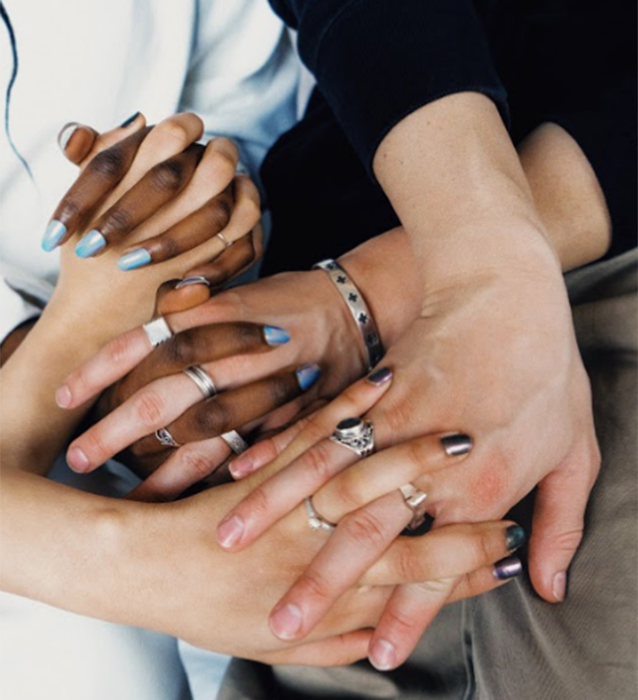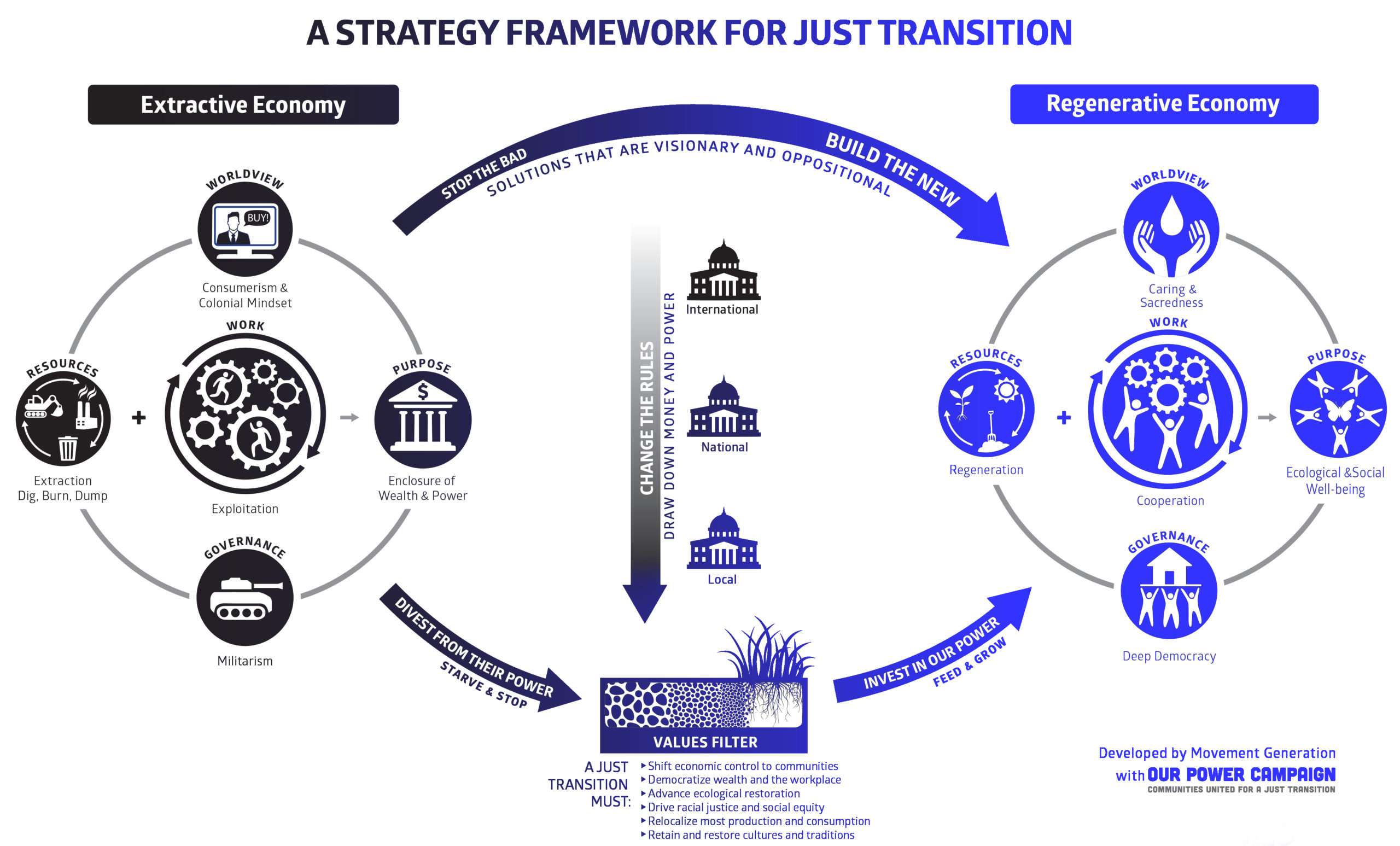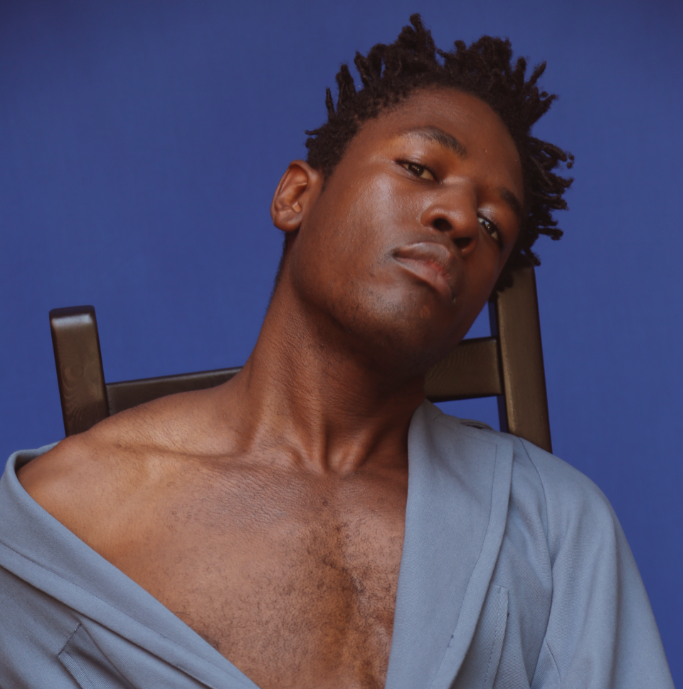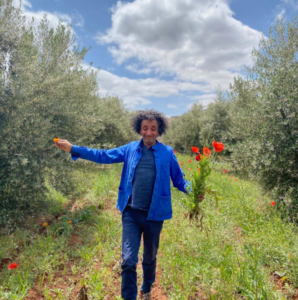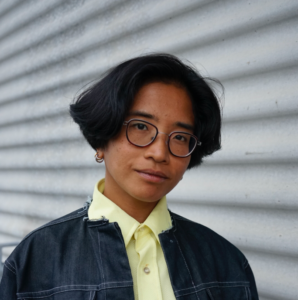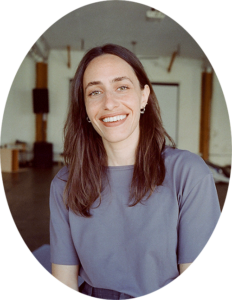Facilitation, Cooperative Leadership and Generative Somatics
Série d’ateliers pour agir collectivement (workshop series in French)
- By Solon
- Feb 6- March 20 2021, 10:00 –12:30 EDT
- Free
Solon is a Montreal-based organization investing in the socio-ecological transition through the support of sustainable local projects that reclaim and build new commons while fostering civic engagement. I am a new member of their resident committee working towards the development of a community space in Rosemont La Petite-Patrie. This is a free opportunity to learn collaborative and facilitation skills from a dynamic and experienced team.
Greaterthan academy (workshops and trainings)
Courses on self-management, facilitative leadership, facilitation, trauma-informed collaboration, community governance, etc.
How To Become A Facilitator of the Work That Reconnects (trainings and resources)
The Circle Way (trainings and resources)
Ten Directions Facilitation (trainings and programs)
And here is alist of readings and training I’ve compiled over the last couple of years
Story-based strategy training
SBS offers "trainings [that] provide participants with comprehensive frameworks to create more holistic social change narratives, while integrating messaging and storytelling with solid grassroots organizing and effective campaigning."
Participatory Meetings (workshop series)
- By Percolab
- February 9, 11 and 16, 9h-11h30 (Montréal, EST)
- $325 CAD
Percolab is an international network of cooperative enterprises run as a living lab with hubs in Canada (Montreal), Belgium and France. I haven’t attended any of their training yet, but have noticed that several people working in the social innovation sector in Montreal have attended their workshops. This workshop is also frequently offered in French.
Homeroom: community organizing check-in space (reflective space in English)
- Hosted by Sophie Reiff with virtual care lab
- Every other Saturday 11 AM PST (started January 16, 2021)
Homeroom is a virtual space for people who do community organizing work, or who are interested in community organizing work, to gather and discuss how their organizing work intersects with notions of personal and collective ethics, somatics, and longform histories of movement building.
Virtual care lab is a project by Alice Yuan Zhang and Sara Suáres, which I helped uplift while at NAVEL. They are doing incredible work building community and fostering mutual aid through remote creative experiments and gatherings. Sophie Reiff is a talented writer and educator with years of experience organizing with several activist organizations, who I had the chance to meet during my graduate studies at CalArts. Through popular demand, this is the second round of sessions Sophie hosts with the virtual care lab. Unfortunately, I’ve not been able to attend yet, but I’ve heard only great things about Sophie’s facilitation.
Leadership horizontal (workshop series in French)
- By Percolab
- February 23, March 2 and 9 2021, 9h-11h30 EST
- $125 CAD
In this workshop, you will learn a holistic framework and supporting set of practices to take concrete steps towards integrating non-hierarchical ways of working.
Cooperative leadership Certification Program(training)
I’ve attended one workshop with Roundsky before which I really appreciated. This seems like a great program to develop and strengthen cooperative skills and facilitate shared power. You will also gain knowledge about different collective decision-making processes and collaborative meeting tools. Other things on the program: learn to facilitate and understand effective accountability that doesn’t just rely on one person or create work imbalances, and develop tools to reduce stress and prevent burnout.
Generative Somatics (training + resources)
Generative Somatics is an amazing organization based in the US which offers transformative somatic programs to support organizers, movement leaders and organizers. The majority of their programs are specifically for BIPOC organizers in the US but some workshops are occasionally open to non-organizers and/or white folks. Their website is rich in resources they’ve created.
